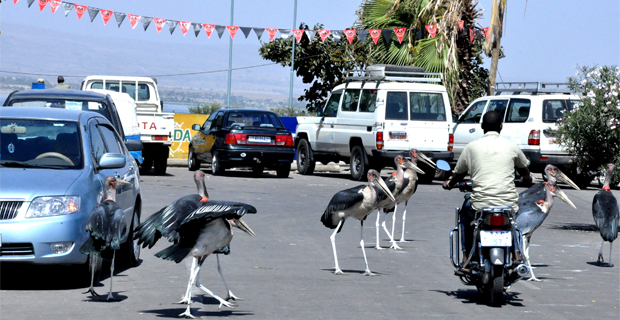Wolassa Kumo, and the Independence Struggle for the Sidama Land
.jpg)
- By: Muhammad Shamsaddin Megalommatis Wolassa Kumo reveals details about the Loqqe massacre that, carried out by the Abyssinian tyrant Meles Zenawi, consists in sufficient reason for us to raise the issue of the criminally ignored by the materialistic and apathetic Western World Sidama Genocide. We end this brief introduction by formulating an alarming warning for the devious international community our decayed times: when you focus on one, and forget numerous other genocides, more genocides will happen to you. Supporting the Sidama Pledge for Independence today is not a matter of mere Humanism; it becomes an issue of instinctive self-defense against Evil. Sidama: An Overview of History, Culture and Economy (part 2) By Wolassa Kumo VI. Sidama Today The Sidama people had made tremendous and historic contribution to the weakening and the final down fall of the military regime. However, the TPLF, which overthrew the military regime in 1991, ignored the histo


